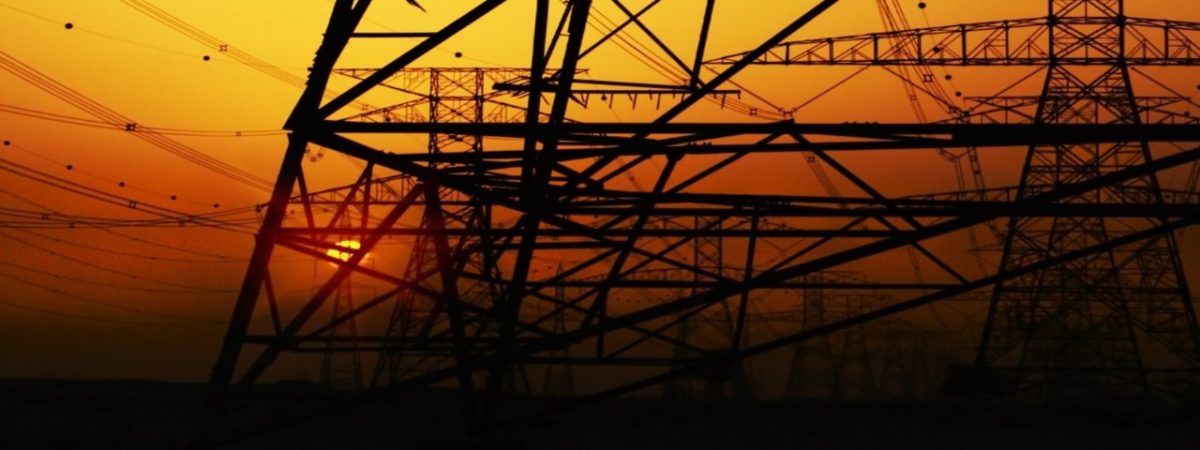IEA responds to British Medical Journal report
SUGGESTED

Kate Andrews comments on Labour plans

Len Shackleton responds to Public Accounts Committee report

IEA responds to report from the British Medical Journal about the IEA's work on public health
Their report seems to centrally rely on a document from 1999, which predates our Director General and all IEA senior staff by more than a decade.
The report also implies that the IEA funds – directly and indirectly – Members of Parliament. The IEA talks to MPs across the political spectrum, as do all other think tanks. This isn’t a “funding link”. The IEA does not give money to any political efforts, and we consider these suggestions to be slanderous.
The BMJ’s insinuation is that we only purport a free market analyses because we are paid to. This is categorically untrue. If the BMJ, or any other outlet, really believe that IEA authors and spokespeople are socialist, tax-loving, big-state advocates at heart, who only advocate free-market economics for a pay cheque, then they are badly mistaken, and again, we consider such accusations to be slanderous.
Lifestyle economics is a legitimate area for public policy debate. These are not matters of medical science. The BMJ argues for a greater role for the state, higher taxes and regulations to address public health issues. They are entitled to do so. But they do not have a monopoly on public policy wisdom. In a free society, it is right and appropriate that they are challenged on their research, political positions, and their effectiveness.
The IEA’s full response to the BMJ’s request for comment prior to publication:
“The IEA is a free-market think tank and it is our mission to improve understanding of the fundamental institutions of a free society by analysing and expounding the role of markets in solving economic and social problems.
“We respect the privacy of our donors and don’t place a list of them in the public domain. It is a matter for individual donors whether they wish their donation to be public or private – we leave that to their discretion.
“Funders are not permitted to influence the conclusions of our analysis, neither across a programme, nor within a single publication or communication about it.
“We uphold strict rules to protect our academic independence, including clear guidance to potential donors and a rigorous system of peer review. We are happy, upon request, to supply our protocols for non-interference, which is given to all IEA donors seeking to support the IEA. All donors are required to sign or otherwise acknowledge their acceptance of IEA protocols prior to their support being accepted.
“The IEA does not hold corporate positions on policy. The views of IEA staff, trustees, fellows and council members are their own.
More information about the IEA and its funding can be found here.



